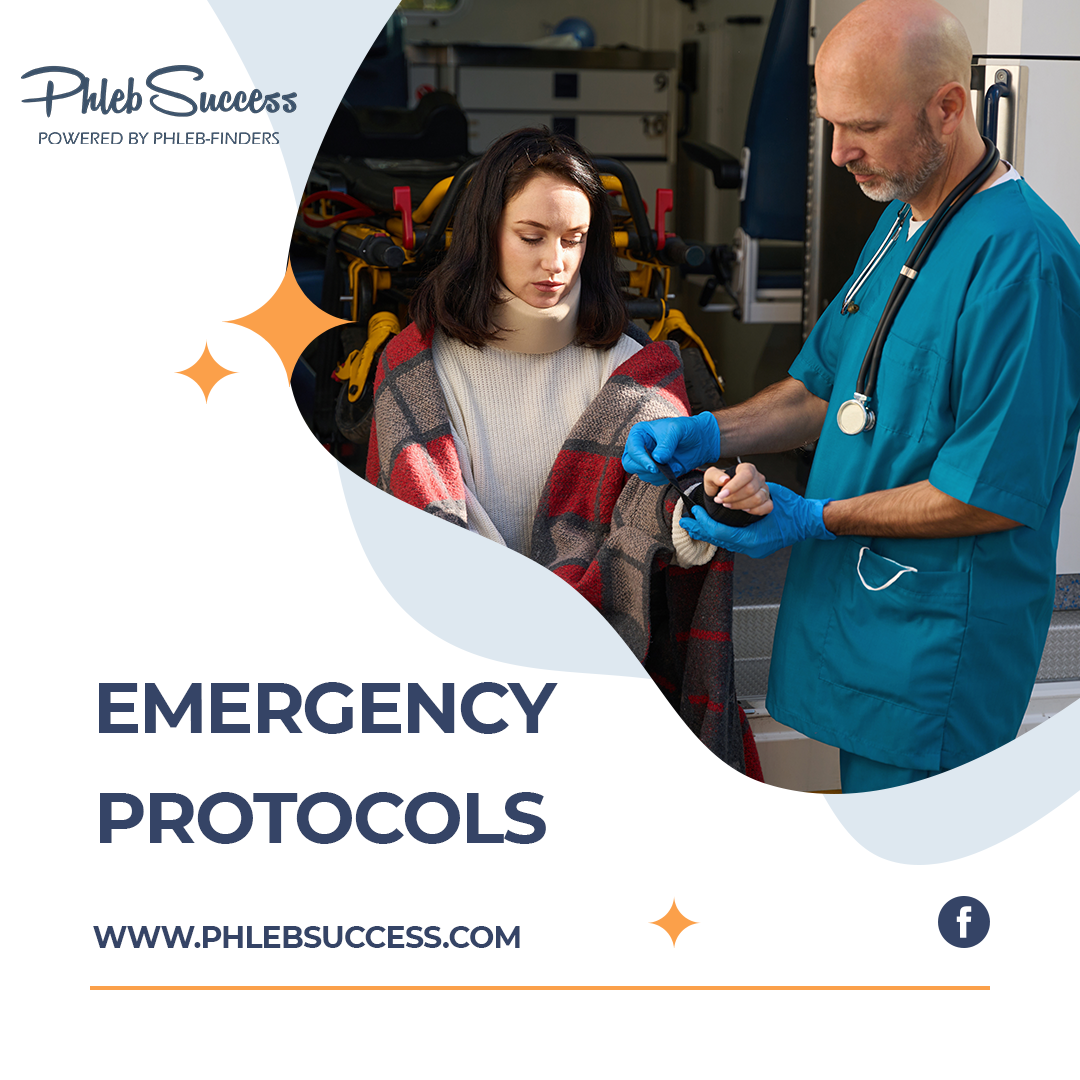Module 1: Introduction to Emergency Preparedness in Phlebotomy Services (Duration: 5 minutes)
- Overview of the importance of emergency preparedness for phlebotomy contractors
- Understanding legal and ethical responsibilities in emergency situations
- Case studies highlighting the impact of effective emergency protocols on patient outcomes
Module 2: Recognizing and Responding to Medical Emergencies (Duration: 10 minutes)
- Identifying signs and symptoms of common medical emergencies during blood collection
- Understanding the appropriate response to adverse reactions, such as syncope, anaphylaxis, and seizures
- Differentiating between urgent and non-urgent situations and initiating prompt action
Module 3: Emergency Equipment and Supplies (Duration: 7 minutes)
- Overview of essential emergency equipment and supplies for phlebotomy services
- Proper maintenance and readiness of emergency response kits
- Training on the use of automated external defibrillators (AEDs) and basic life support (BLS) techniques
Module 4: Communication and Reporting Protocols (Duration: 5 minutes)
- Effective communication with healthcare providers and emergency medical services (EMS)
- Documentation and reporting requirements following an emergency incident
- Role-playing scenarios to practice clear and concise communication in high-stress situations
Module 5: Mock Emergency Drills and Scenario-Based Training (Duration: 3 minutes)
- Conducting mock emergency drills to simulate real-life emergency scenarios
- Interactive scenario-based training to reinforce decision-making skills and rapid response
- Debriefing and feedback sessions to evaluate performance and identify areas for improvement
Module 6: Conclusion and Assessment (Duration: 5 minutes)
- Recap of key concepts and skills covered in the training
- Knowledge assessment to gauge understanding of emergency protocols
- Encouragement of ongoing education and preparedness for emergency situations
This comprehensive 30-minute e-learning course aims to equip 1099 phlebotomy contractors with the necessary knowledge, skills, and confidence to effectively handle medical emergencies and prioritize patient safety in the course of their duties.
Course Curriculum
Introduction to Emergency Preparedness in Phlebotomy Services
Recognizing and Responding to Medical Emergencies
Emergency Equipment and Supplies
Communication and Reporting Protocols
Mock Emergency Drills and Scenario-Based Training
